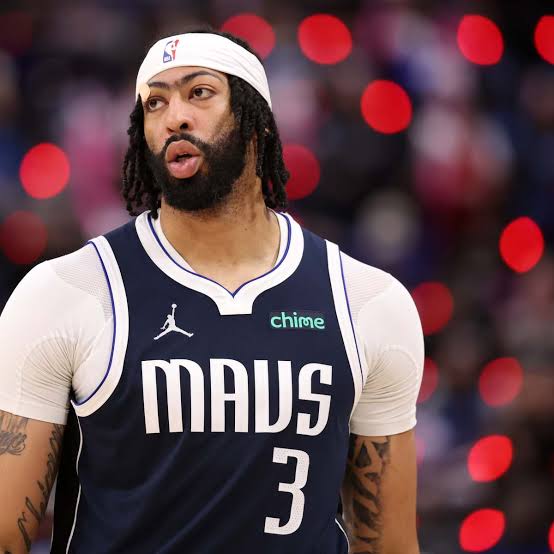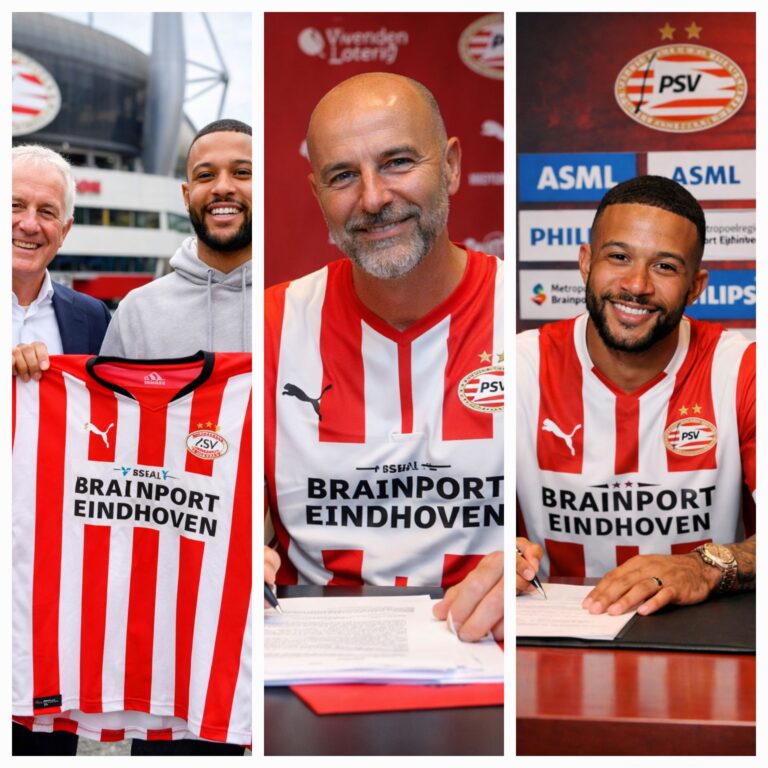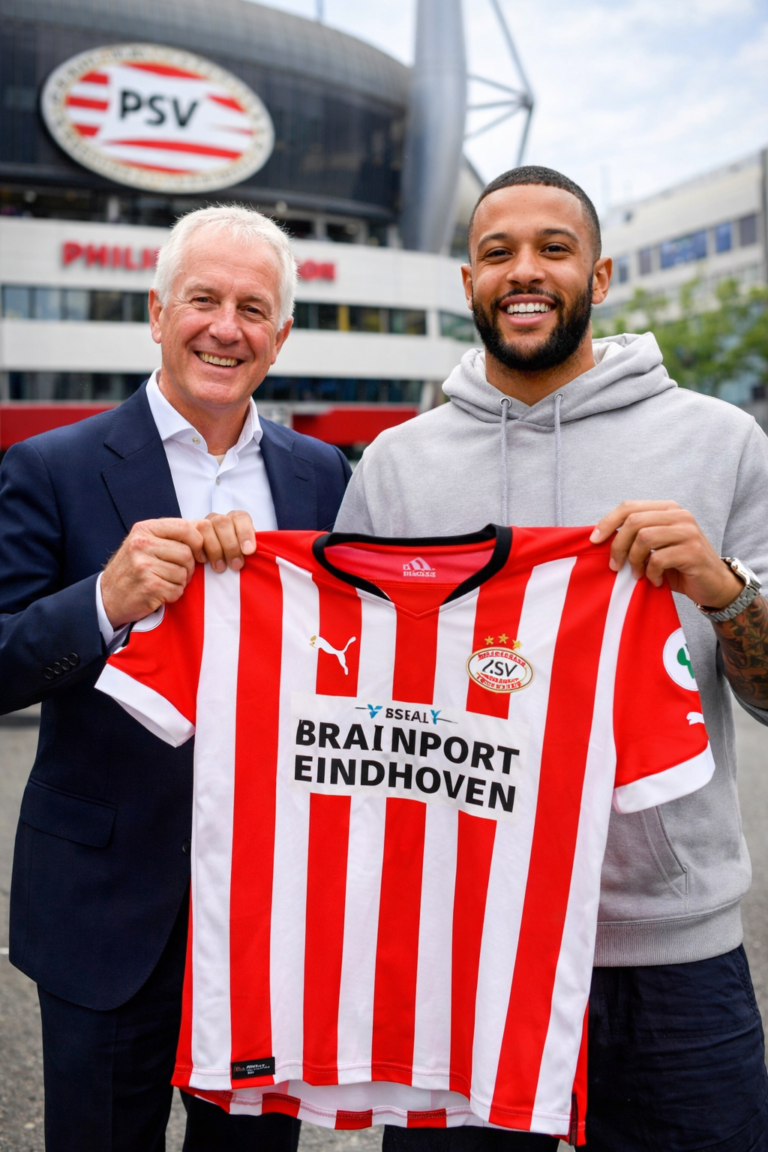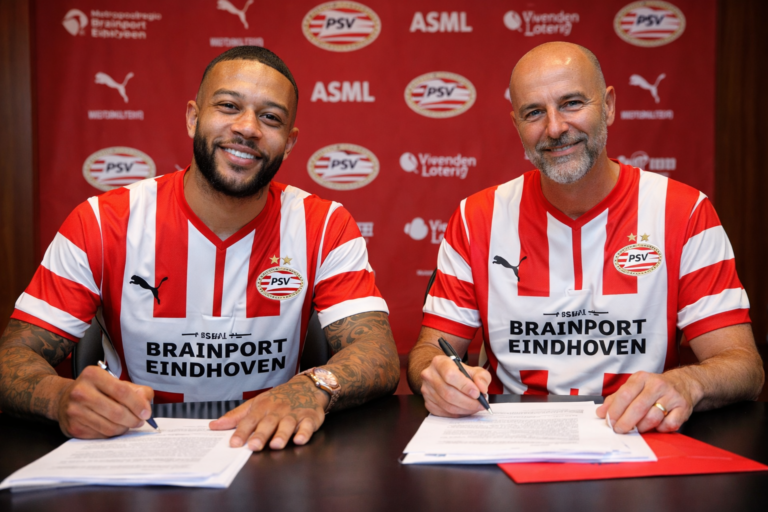
Anthony Davis, one of the most dominant college basketball players of the last two decades and a beloved figure in the University of Kentucky’s storied history, has recently expressed concerns about the current state of the college game. While Davis has maintained a strong relationship with his alma mater and continues to be a supporter of young talent, his perspective on how the college basketball landscape has evolved is, at best, complicated — and increasingly critical.
During a candid appearance on a recent podcast hosted by former NBA players, Davis didn’t hold back when asked about the state of the game he once ruled. “It’s just not the same,” he said, shaking his head. “It doesn’t feel like college basketball anymore. It feels like a minor league for the NBA or a business seminar half the time. Guys are changing schools every year, chasing NIL deals, and some of them don’t even seem like they care about winning.”
Davis, who led the Wildcats to a national championship in 2012 during his lone season under head coach John Calipari, has long been revered for his impact on the court. His rim protection, versatility, and maturity helped Kentucky go 38-2 and dominate opponents throughout the season. He won virtually every individual award that season, including the Naismith and Wooden Awards, before becoming the No. 1 overall pick in the NBA Draft.
Yet even as Davis has grown into an NBA champion and perennial All-Star with the Los Angeles Lakers, he has remained close to the college game — often attending Kentucky games, mentoring young players, and donating to athletic programs. But in his view, what once made college basketball unique and magical has been gradually eroded.
“It used to be about team culture,” Davis said. “You came in, bought into the system, worked your way up. There was a pride in wearing your school’s jersey. Now, I see guys switching teams like they’re switching AAU squads. No loyalty. No patience. You have schools offering kids cars and six-figure deals just to come for a season, maybe even less.”
Davis clarified that he isn’t against players earning money — in fact, he said he supports the basic principles of NIL. “Look, I’m all for players getting paid,” he said. “The schools have been making money off these kids forever. But there’s got to be balance. Right now, the whole thing feels like it’s tipping over. It’s not even about the game anymore for some of these guys.”
One of Davis’s biggest critiques centered on the lack of development and cohesion in modern college programs. He pointed to teams with six or seven transfers and little chemistry, where individual stats and exposure seem to matter more than tournament runs. “When I was at Kentucky, we had one goal — win a title. That was the whole focus. I don’t get that same sense from today’s game.”
Many in the basketball community share Davis’s sentiments, especially former players and coaches who feel the transfer portal and NIL era have turned the sport into a revolving door of short-term transactions. Programs are rebuilding year after year, and fanbases struggle to connect with players who are on campus for only a few months before jumping to the next opportunity.
John Calipari, Davis’s former coach, has publicly embraced the new era, albeit with caution. “This is the way college basketball works now,” Calipari said in a recent interview. “You’ve got to adapt or fall behind. But I agree with AD on some of this — we’ve got to get back to teaching, building, and winning as a unit. That’s where the magic was.”
Despite his misgivings, Davis remains hopeful. He believes there are still pockets of the game where tradition, development, and passion continue to thrive — he cited programs like UConn and Villanova as examples of schools still prioritizing team identity. He also praised players who stay multiple years, develop their games, and lead their teams through the ups and downs of a full college career.
“There are still some real hoopers out there who love the game,” Davis said. “You can see it in how they play — the toughness, the IQ, the leadership. But they’re becoming rarer.”
Davis’s comments have sparked spirited debate across the basketball world. Some see him as a voice of reason amid a chaotic new reality. Others argue that he benefited from a very different system and that his critiques may overlook the pressures and opportunities today’s players face.
Regardless, his words carry weight. Anthony Davis isn’t just another former college star — he’s a national champion, an Olympic gold medalist, and one of the most respected big men of his generation. When he speaks about the soul of college basketball, people listen.
In the end, Davis says he’ll always be a Wildcat. “I love Kentucky, man. Always will,” he said. “I just want the game to be better — not just for the fans, but for the players too. They deserve a college experience that’s about more than just a paycheck or a stepping stone. They deserve to be part of something bigger.”
His vision of college basketball — one rooted in unity, growth, and the pursuit of greatness — may feel like a relic of the past to some. But to Anthony Davis, it’s the standard he hopes the next generation will rediscover.






